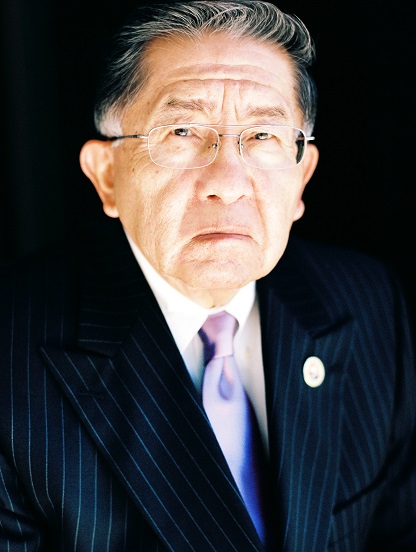About
GSAICC
Looking for a Local Native American Business Liaison to Connect with Local Gulf Tribes?
Our Nonprofit
The Gulf States American Indian Chamber of Commerce (GSAICC) was founded to enhance the socioeconomic welfare of the Gulf States American Indian population tribes along the Gulf Coast. Towards this end, the GSAICC strives to create opportunities for American Indians and entities desiring to do business with American Indians and tribally owned enterprises. The GSAICC provides business skills training courses and mentorship opportunities for its members. The GSAICC also hosts conferences and networking events. Additionally, the GSAICC provides general information about tribal sovereignty and American Indian culture as this knowledge is essential for those who intend to do business with tribes.
The GSAICC hopes to serve as a voice for tribal and minority interests in the business community and for policymakers. American Indians and tribes face several issues that no other group in the United States encounters such as the federal bureaucracy encumbering trust land and jurisdictional uncertainty. Accordingly, the GSAICC serves as an information source for businesses interested in operating in Indian country and policymakers concerned with Indian country.

The Chamber was Founded by Three Individuals…

Ernest Sickey
Ernest Sickey served in leadership roles for the Coushatta Tribe of Louisiana for nearly three decades. He has been a trailblazer in the evolution of Indian affairs in the southeastern United States and led his own community from legal obscurity and abject poverty to becoming the first tribe to be recognized by the state (1972), one of the only tribes in the nation to be recognized by the Department of Interior through administrative channels (1973), and the first tribe in Louisiana to initiate Indian gaming—an enterprise that has since placed the Coushatta among the state’s top private employers.
In addition to his efforts in advocating for his own community, Sickey lobbied the Louisiana legislature to create an Office of Indian Affairs and served as its first executive director. He was also the founding director of the Louisiana Inter-Tribal Council and Institute for Indian Development. Today, Louisiana is home to four federally recognized and ten state recognized tribes. Joining with tribal leaders regionally, he was among the early members of the United Southern and Eastern Tribes.
Sickey has testified before Congress, led efforts in establishing legal precedents around land claims and tribal jurisdiction, and has spoken before United Nations’ panels about Indigenous rights.

Marshall Pierite
Marshall Pierite is Chairman of the Tunica-Biloxi Tribe of Louisiana. For more than 20 years, Pierite held several elected positions on the Tribal Council including Secretary-Treasurer, Vice-Chairman, and Chairman of the Tribe. Over the years, he has worked on government operations, budgeting, infrastructure development, economic development, community development, and tax policy development for the Tribe.
A native Louisianan, Marshall began his career by serving in the United States Marine Corps with a military occupational specialty in administration. Following his military service, he worked for the Tunica-Biloxi Tribe of Louisiana as a medical clerk and eventually was promoted to the role of Director of the Tunica-Biloxi Social Services Department.

Adam Crepelle
Adam Crepelle is an associate professor at Southern University Law Center and the managing fellow at the Native American Law and Policy Institute. Adam is a judge on the Court of Appeals for the Pascua Yaqui Tribe. He was appointed to serve on the American Bar Association’s Commission on Domestic and Sexual Violence. He is a former vice president of the California Indian Law Association. Adam has authored several articles on topics including tribal federal recognition, violence against American Indian women, and American Indian economic development.
Adam is an enrolled citizen of the United Houma Nation. He holds master of law in indigenous peoples law and policy as well as master of public policy. He is admitted to practice in federal, state, and tribal court. Adam is also an award winning film producer. His film, Indian Santa, screened at numerous venues including the Smithsonian Institution’s National Museum of the American Indian.
